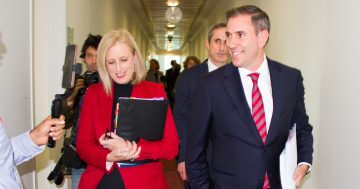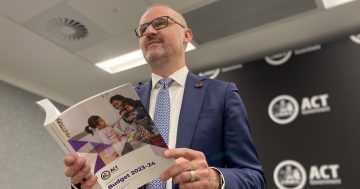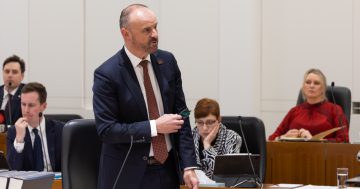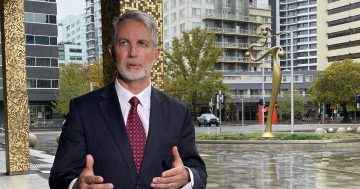
Budget woes: What has this budget done to reduce the inequality gap?
Once again, we have lived through one of the key events on Canberra’s political agenda, with Budget Tuesday 2018 being delivered, with the usual rituals and theatre that accompanies this annual event.
After the wild ride of the 2014 budget, it is almost a let-down that we have been presented with a budget that most analysts suggest is a ‘safe budget’, ‘a political budget’, and an ‘election budget’. Don’t let appearances fool you though – for while this budget appears to be one that is relatively benign, it is, in fact, a budget that continues to entrench inequality and privilege the wealthy. Given the fact that this budget has been the first in more than a decade to be developed in the context of a more buoyant economy and future budget surpluses, it is perhaps one of the greatest lost opportunities in many years to turn the tide in relation to growing inequality and increasing poverty.
Over many years, we have been conditioned and encouraged to reach for the calculator to assess the merits of a budget, particularly in assessing its success against our household spending. In doing this, we have forgotten the broader context in which a budget is framed, both in relation to our own household expenses and more importantly in relation to what our taxation contributes to providing core infrastructure, essential services including education and health, and a safety net when people hit challenges in their lives.
This budget is no different, in that it encourages us to get excited by the ‘milkshakes and coffee’ personal tax cuts, without the broader focus of increased cost of living and the broader impact of this small gift. With this modest change, the Government asks us to look away from the woefully inadequate Newstart payment and other benefits and allowances that provide less than $40 a day – a measly amount to live a life of dignity, and additionally makes it extremely challenging to look for work. This is a call that even big business advocate, the Business Council of Australia, has suggested is vital to our economy and our society.
There are a few small welcome announcements in this budget – including increased access to home care packages for older people and work on elder abuse, mental health care funding increases, medical services, research, devices and pharmaceutical benefits, science and research, veterans affairs, domestic violence response programs, early learning programs, school-based emotional wellbeing programs, regional tertiary education support, funding for the environment and for transport infrastructure. These should not, however, distract us from understanding the real cost of this budget and the fact that we are still asking those who are doing it toughest to do the heavy lifting in relation to our taxation and expenditure.
In the wake of glaring evidence of the impact of inequality in our own community, including Anglicare’s recent analysis that there is virtually no affordable housing for people on the lowest incomes, and ACTCOSS’ analysis that almost 1000 children in the ACT live below the poverty line, it is surprising that there is no additional investment in affordable housing, no programs to increase the social safety net, and little investment in supporting families to escape the welfare trap. Instead, we are led into a narrative that suggests that as long as we get some small personal tax cuts, we should look away and deny the reality that most of these crumbs will be soaked up by increased utility costs, increased user charges for health and other essential services and reductions to our penalty rates. And all the time, Government also asks us to trust them that the proposed company tax cuts – including the $6 billion promised to the banks, will deliver us higher wages.
As the eighth lowest taxed nation in the OECD, it is difficult to understand a Government’s motivation to present this as a credible tax plan in the face of community sentiment surveys that suggest that our community is prepared to pay more taxes if this ensures access to essential services.
I hope that the ACT Government takes the opportunity in their upcoming budget to be more proactive in addressing inequality than the Federal Government has been in their budget. What do you think?





















